Top 3 disruptive trends from Blockchain in Oil & Gas 2021
November 2, 2021
Global oil and gas has reached a critical infection point, and blockchain technologies are becoming key to the future evolution of the industry.
In mid-September, while the winds and rain of Tropical Storm Nicholas were descending on Houston, leaders in energy sector digital transformation gathered at Midtown’s Houstonian Hotel for the Energy Conference Network’s Blockchain in Oil and Gas 2021. At the global summit for this emerging technology’s applications across the oil and gas industry, the extreme weather outside underscored one of the top blockchain applications in 2021 – sustainability.
Within just a few years, environmental, social and governance (ESG) has risen to the top of the priority list across the industry. In Canada, where the oil and gas sector contributes more than a quarter of national carbon emissions, all of our top energy producers have committed to carbon neutrality by 2050.
The EU is accelerating its decarbonization through a mix of regulations and investor preference, and its energy majors have led the development of the Institutional Investors Group on Climate Change’s stringent new Net Zero Standard for Oil and Gas, which is being rapidly adopted across the world.
The landscape for the industry’s next decade is becoming clearer, and success in navigating the path to net zero and an eventual energy transition will require massive disruptions in how the industry operates, collaborates, and creates value from its resources.
The conference was relatively small, with a few hundred registrants, but its delegates were addressing some of the most daunting obstacles the industry faces. I was participating on behalf of my company, Canadian blockchain and digital finance firm GuildOne, along with our CEO, James Graham, and partners including: Amazon Web Services, blockchain technology firm R3, and IoT product intelligence specialists Validere.

GuildOne was this year’s lead conference sponsor, and in line with the general theme, blockchain’s role in building a sustainable future for oil and gas was a primary focus for us. After a long history of commercializing blockchain solutions for transaction and data management in the industry, our CEO was announcing the launch of ESG1, our carbon accounting and digital credit division.
I hosted a panel on blockchain’s benefits for decarbonization, where I was joined by James Graham, Validere SVP of Product Kayla Ball, and Amazon Global Blockchain Lead Anoop Nanna, and participated in a panel on inclusion in the industry with leaders like Blockchain for Energy chair Rebecca Hoffman.
This was my third Blockchain in Oil and Gas conference, and it was interesting to see the technology’s transition from a disruptive outlier to a growing part of the industry’s digital transformation strategy. The quality of speakers was exceptional, and I came away from the event seeing three key trends that will have a major impact on the industry going forward.
1. The urgency of automation
In his keynote presentation, Blockchain Revolution author and Blockchain Research Institute co-founder Don Tapscott cited decarbonization as a major force for widespread transformations across oil and gas processes, supply chains and transactions, which will be enabled by the integration of blockchain with IoT and ML.
For sustainability, this kind of data automation is the critical path to gaining an accurate and trusted measurement of the carbon impact of energy production – compared to fragmented, manual processes, it means the difference between weeks of expensive analysis and mere minutes.
This huge time and cost differential was reflected throughout the conference. ConocoPhillips, in a presentation on the Joint Venture Management smart contracts solution GuildOne developed on R3’s Corda as part of their work with Blockchain for Energy, months-long manual contract negotiations by physical mail were replaced with a set of digital agreements that took eight minutes.
In 2021, data automation on blockchain is a disruptive force that will continue to evolve all facets of how the industry operates, from reducing G&A expenses to validating ESG and production data. These new systems also lead directly to one the most innovative blockchain applications in the industry – the creation of new digital value.
2. Embracing digital assets
Decentralized finance has massively disrupted industries like banking and commerce, and the oil and gas sector is just beginning its own exploration of how digital assets can create new value opportunities and help support the billions in renewables and technology investment required to meet net zero goals and succeed in the energy transition.
From monetizing seismic data as an asset to developing a sustainable economy around digital carbon credits, automating the complex industry processes around data capture and validation are enabling a new class of blockchain-based energy assets.
Data collected by sensors or from ERP systems can be attached to a blockchain token representing a unit of value, which creates a verified asset that streamlines trading and accounting. While these kinds of applications are new and disruptive to oil & gas, both BlockApps and GuildOne highlighted the strong potential of digital assets at the conference.
3. Disruptive collaboration
According to Geoffrey Cann, global speaker and author of Bits, Bytes and Barrels, “Oil and gas is under intense pressure, and a new technology era is upon us.” Beyond digitalization, automation and other technological transformations, the industry is also seeing a dramatic change in how it approaches relationships.
For Blockchain for Energy Chair Rebecca Hoffman, the consortium’s projects are building a “baseline foundation” to enable a singular source of truth that reduces friction and disputes. The highest-value applications for blockchain in energy are across production partners, service providers and entire supply chains.
In 2021, it’s become clear to the industry that scaling these solutions, which mirror fragmented and manual processes in an advanced digital way, requires a common platform, shared business processes and a new level of collaboration.
Managing thousands of participants is critical to achieving scale, and this needs to start with a basic, universally-accepted corporate digital identity from which companies in the industry can access a growing metaverse of blockchain applications – including digital assets, carbon mitigation and transaction services.
Despite a few years of false starts, it seems like the time for adoption has finally arrived for oil & gas. Energy Conference Network CEO Symon Reubens said that in a survey conducted at the event, 78 per cent of respondents agreed that blockchain will be broadly adopted in oil and gas, and crucially, will play an important role in the oil and gas sector’s move towards decarbonization.
This year’s conference showed both a strengthening in commitment on the part of the energy sector, and concrete roadmaps toward a digital future. I believe that in 2022, there will be more mature use cases, greater adoption scale, and demonstrations of the kind of unity required to build the new blockchain foundation for Energy 4.0.
Related Articles
GuildOne Introduces Decentralized Identity Trust Layer for R3 Corda/Cardano Climate Interoperability
Award winning Canadian oil and gas blockchain leader GuildOne collaborated with the Cardano Foundation to build KERI identity into its carbon data ecosystem. DUBAI, DUBAI, UNITED ARAB EMIRATES, October 29, 2024 /EINPresswire.com/ -- GuildOne is pleased to announce the...
GuildOne : Leading Blockchain’s Transformative Impact on the Oil and Gas Industry
[dsm_breadcrumbs show_home_icon="off" separator_icon="||fa||900" separator_bg_color="#000000" _builder_version="4.27.2" _module_preset="default" items_text_color="#FFFFFF" separators_text_color="#FFFFFF" current_font="|700|||||||" current_text_color="#FFFFFF"...
Digital Carbon : Automation & Exchange. Standards of Measurement and Future of Proof.
Digital Carbon High Quality. High Volume. High Value.Digital Carbon High Quality. High Volume. High Value.




















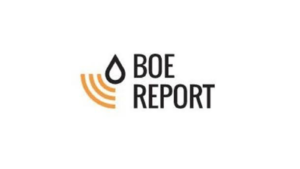


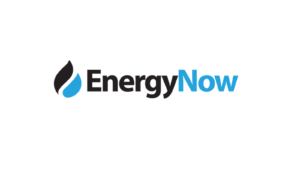








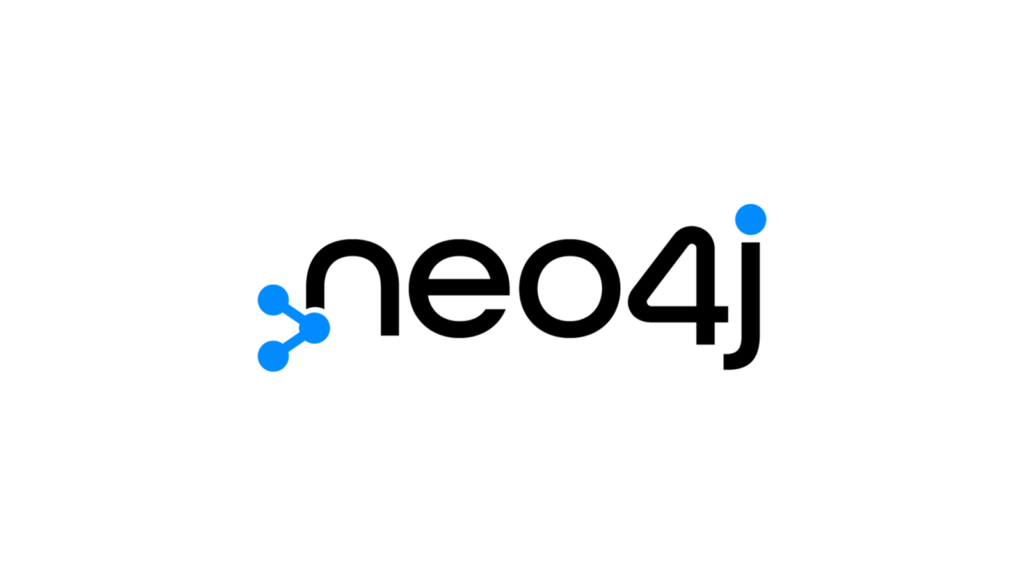


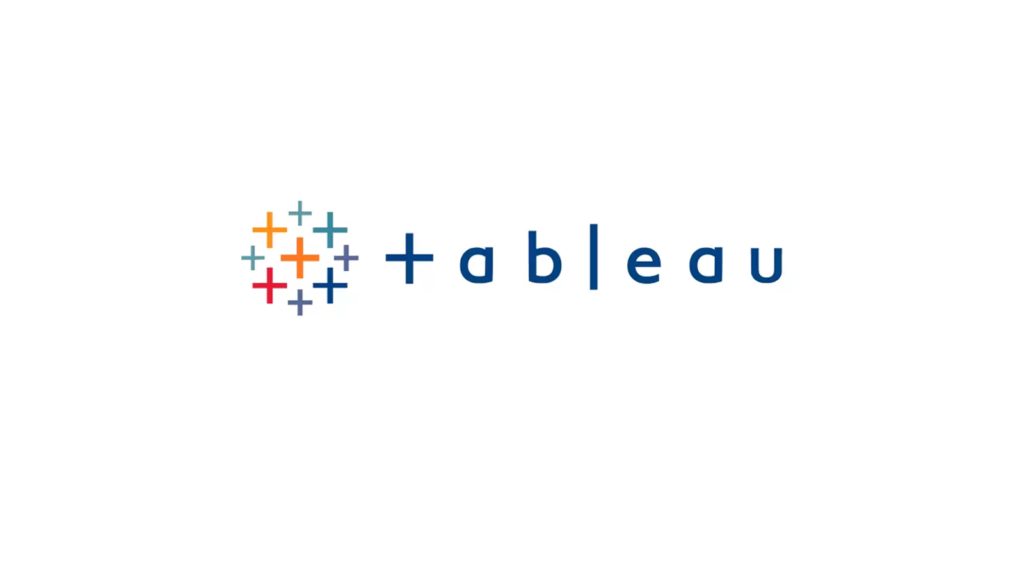
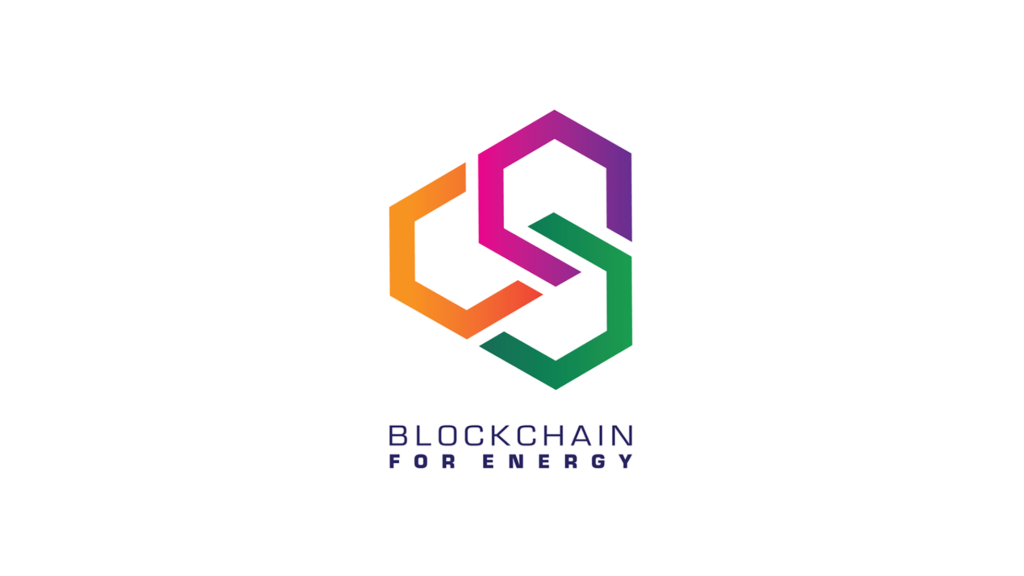


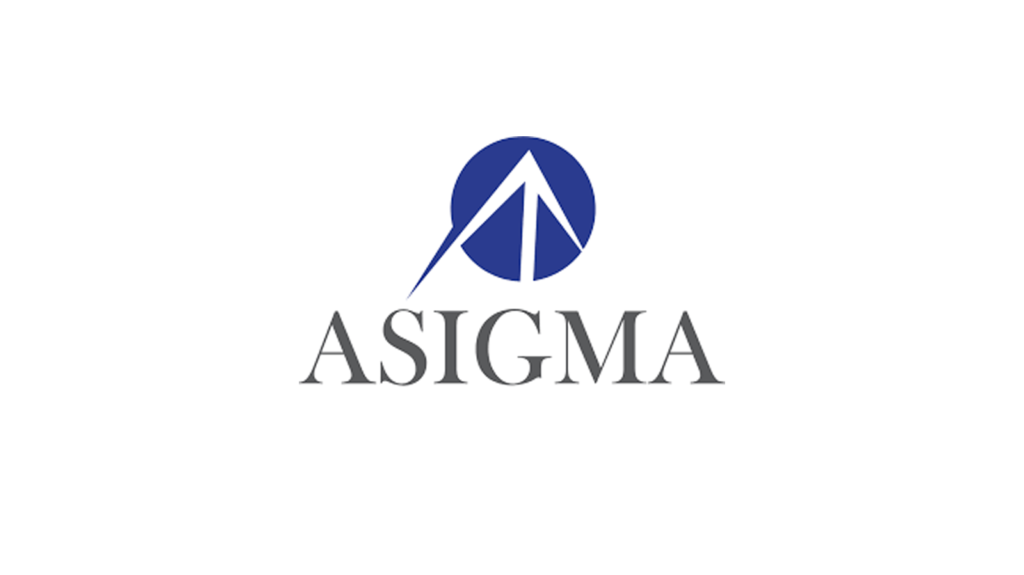


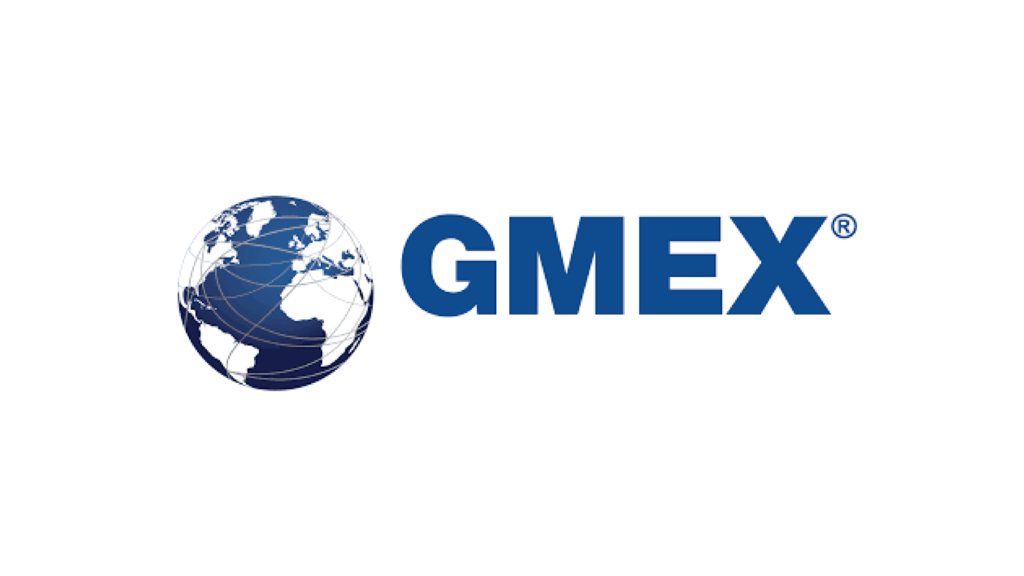
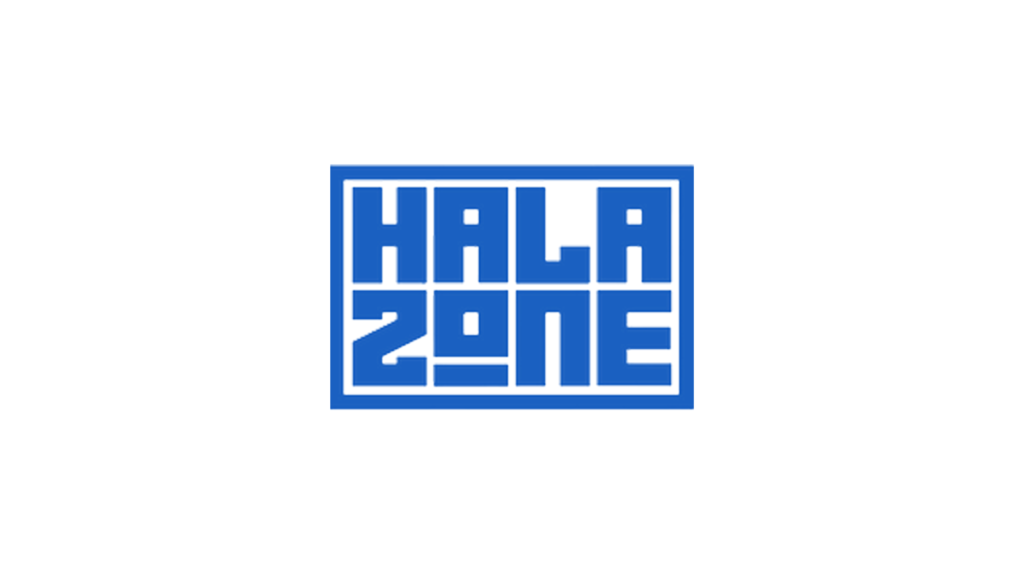


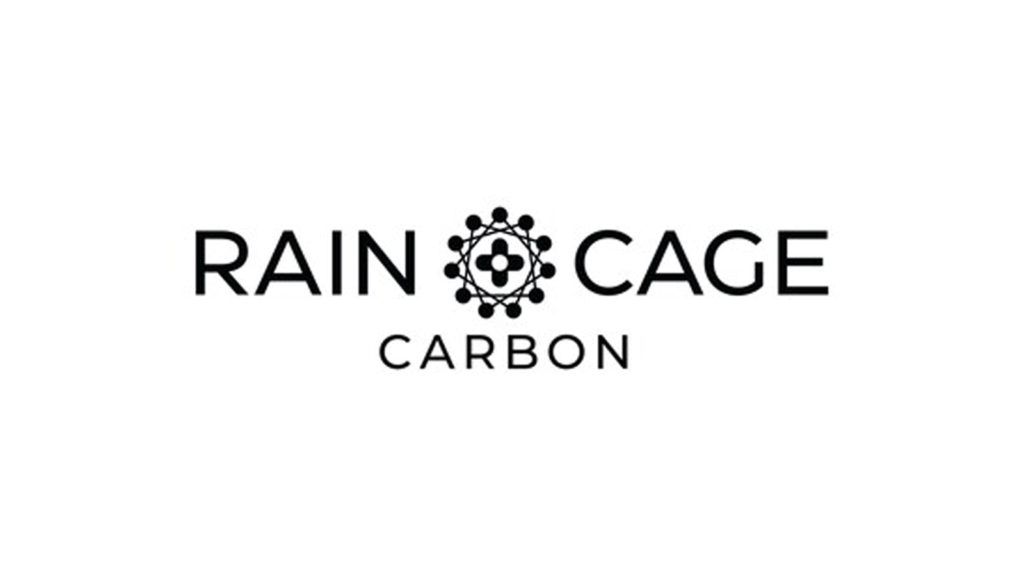

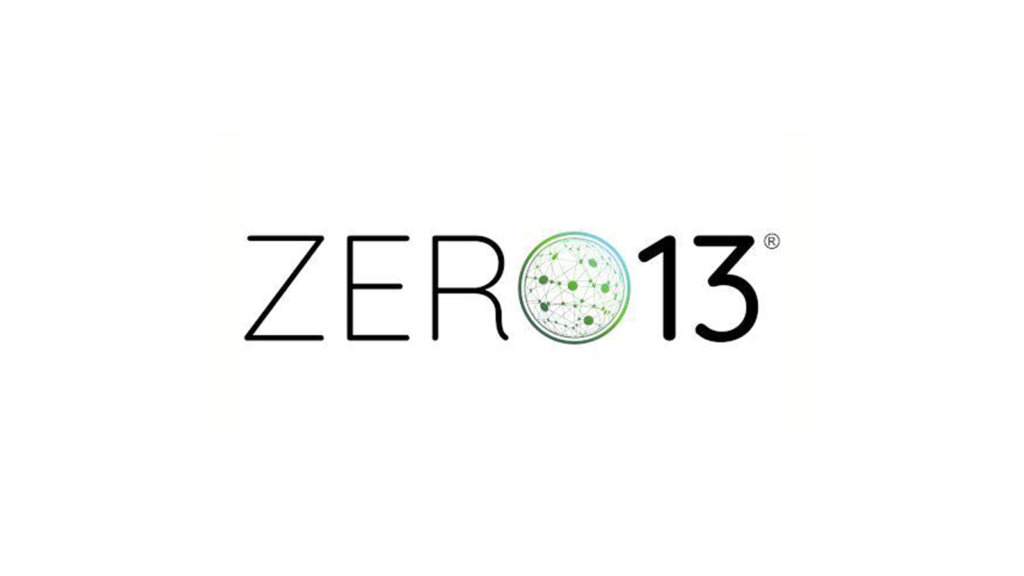
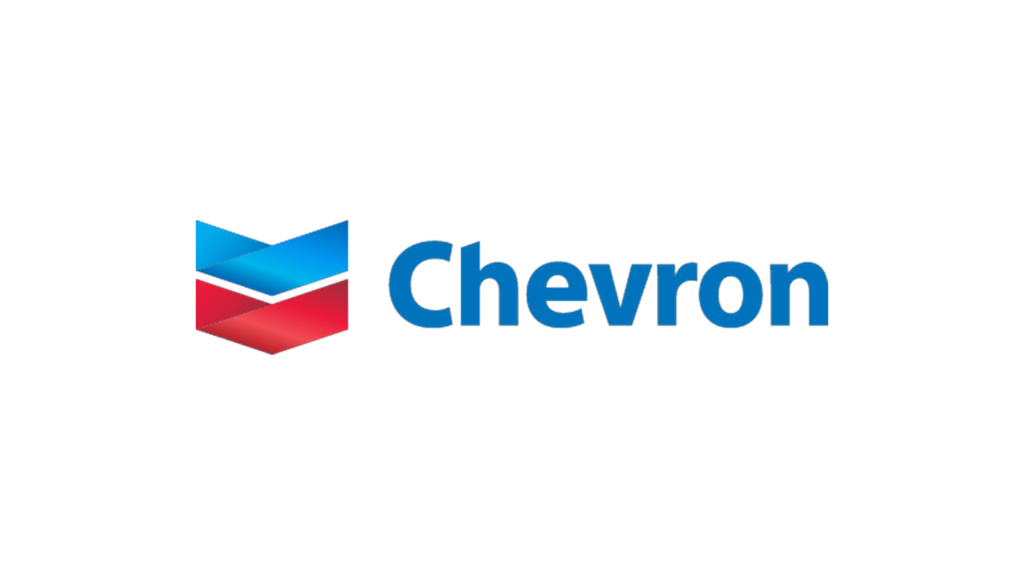

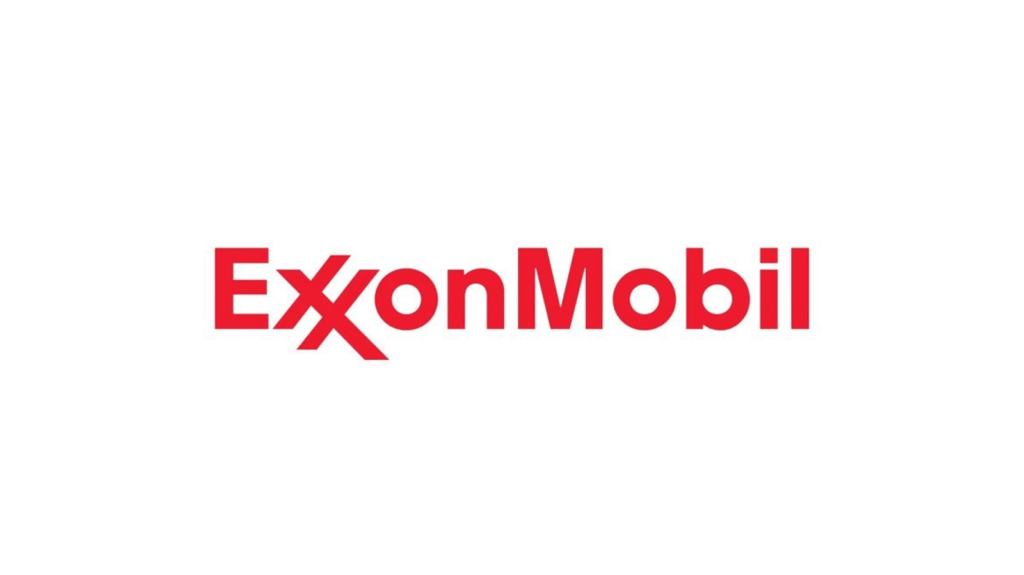
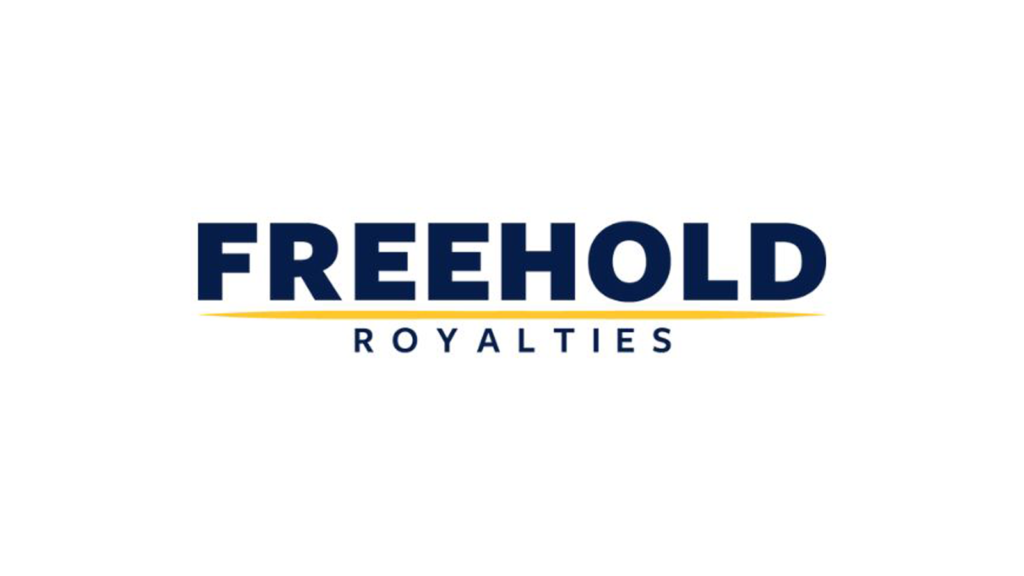



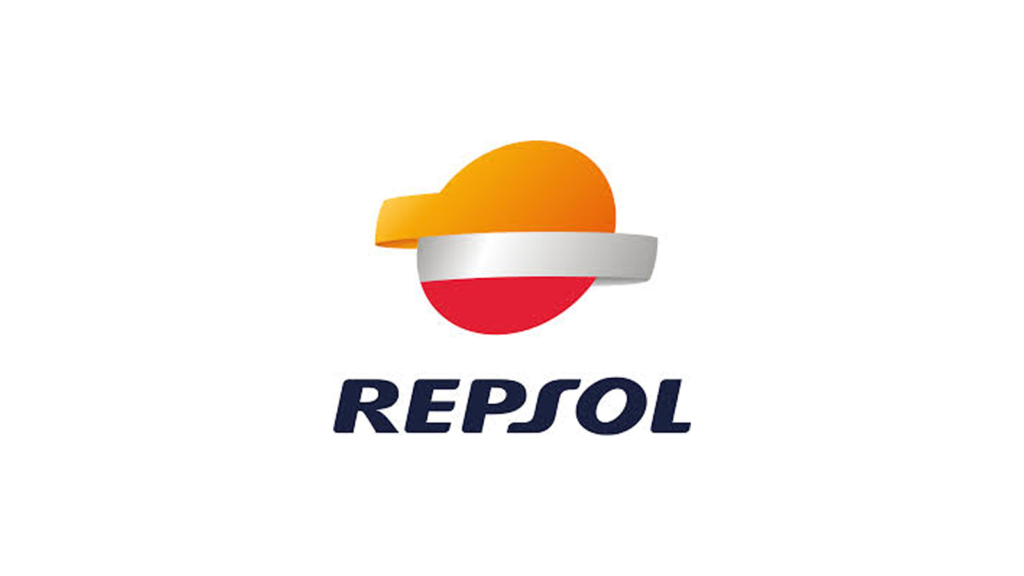
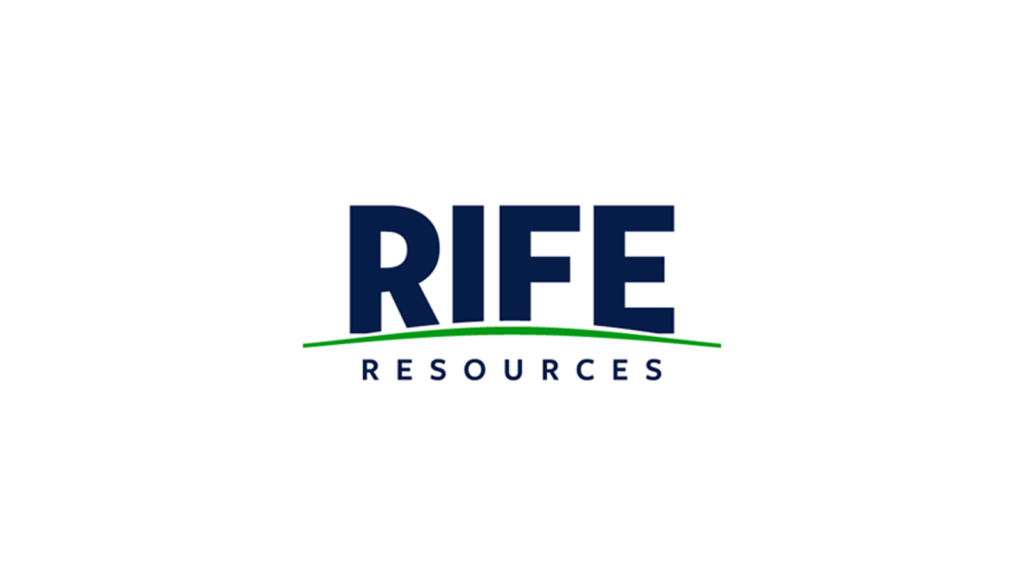
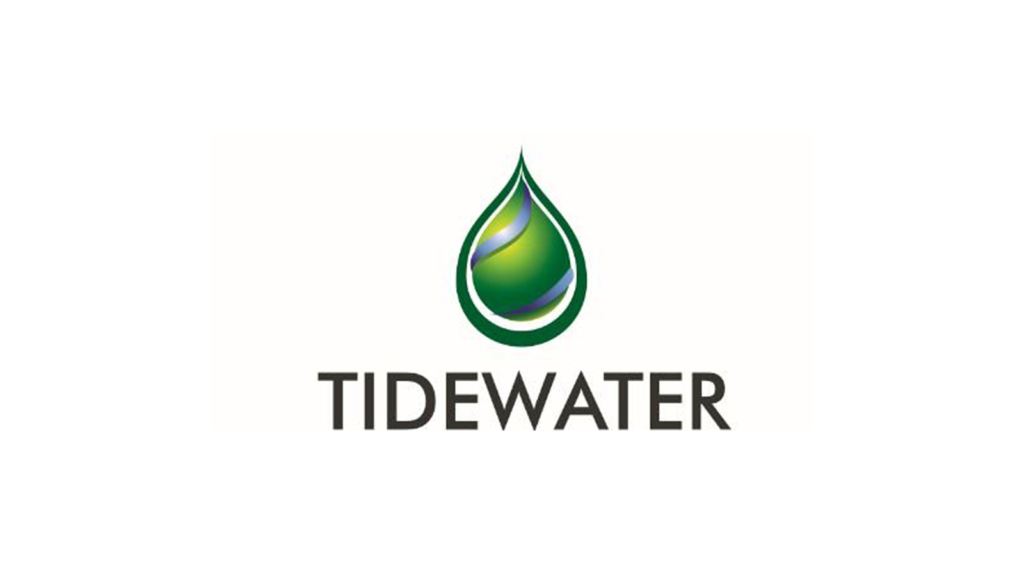
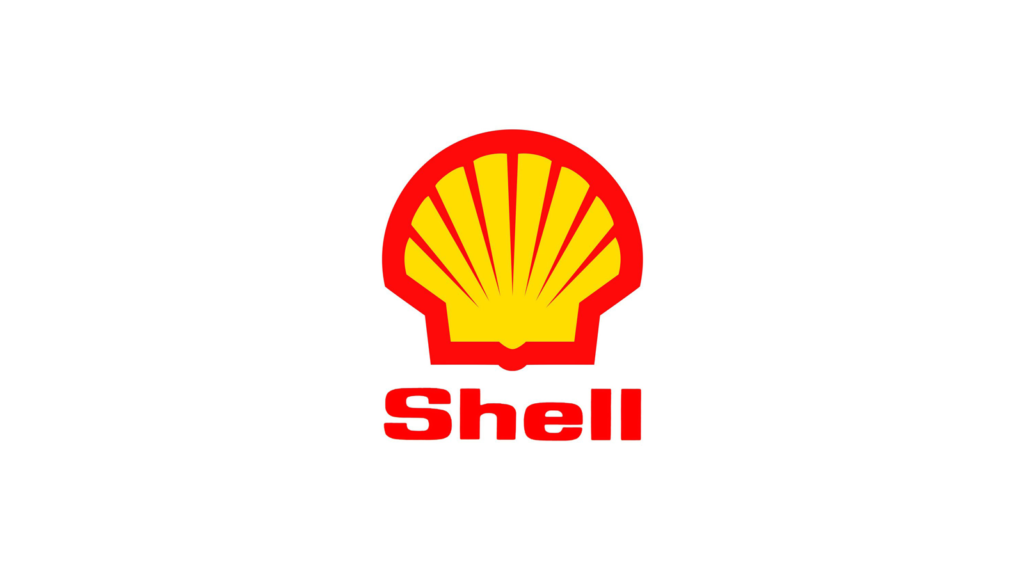







You must be logged in to post a comment.